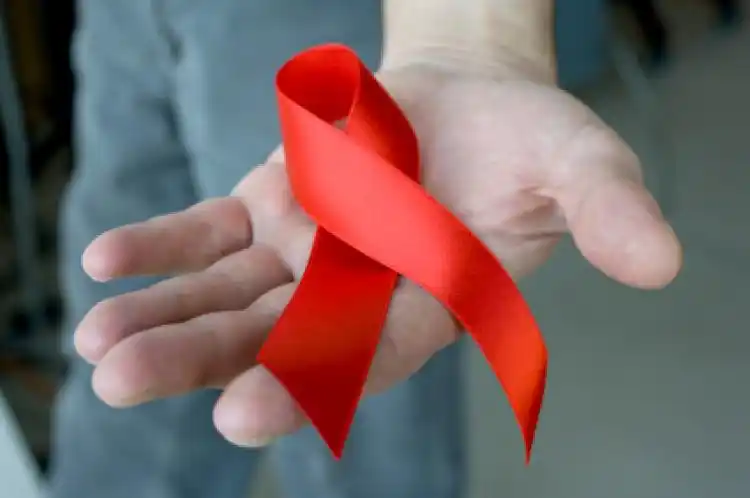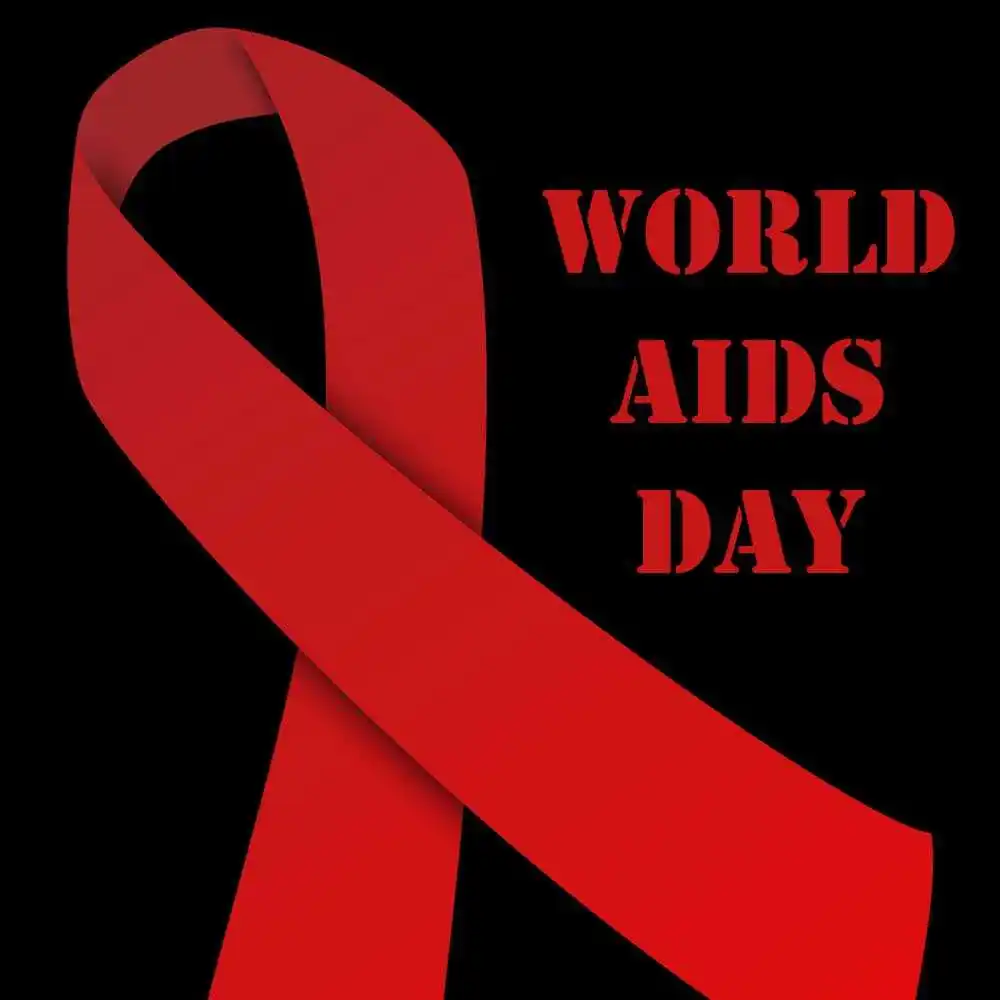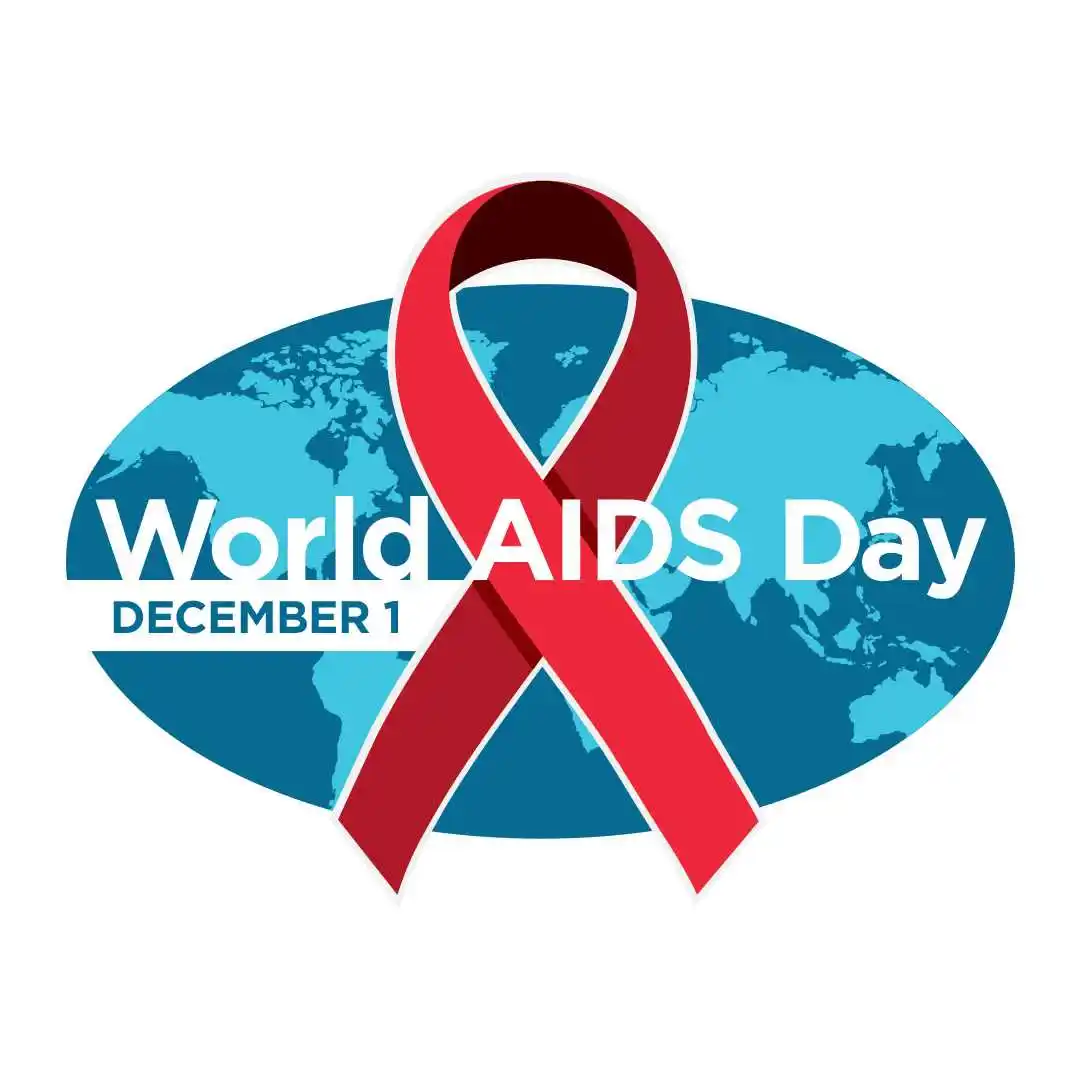Every year on December 1st, the world comes together to observe World AIDS Day. This critical initiative aims to raise awareness about AIDS (Acquired Immunodeficiency Syndrome) and unite people globally in the fight against HIV (Human Immunodeficiency Virus). As we pause to recognize this important day, let's reflect on our understanding of AIDS and the importance of our collective action.
Table of Content
What Is AIDS?
![World Aids Day Image]()
AIDS is the final stage of an HIV infection when the body can no longer fight off illnesses and infections. With over 38 million people living with HIV worldwide, it's a global health issue that merits our attention and action.
AIDS, which stands for Acquired Immunodeficiency Syndrome, is a severe and advanced stage of HIV (Human Immunodeficiency Virus) infection. AIDS is characterized by the weakening of the immune system, leaving the body vulnerable to opportunistic infections and diseases that it would typically be able to fight off. HIV affects the immune system by attacking a type of white blood cell known as CD4 cells or T cells, which are crucial for fighting off infections. If left untreated, HIV can reduce the number of these cells in the body, making it harder for the body to fight infections and diseases.
Eventually, HIV can so severely damage the immune system that it progresses to AIDS. Not everyone who has HIV advances to this stage. Antiretroviral treatment can keep HIV at bay and help protect the immune system from damage.
Why Is World Aids Day Important?
One of the earliest worldwide health days, World AIDS Day was established in 1988. The day serves as a reminder of the need to promote understanding of HIV and AIDS worldwide, combat discrimination, and enhance education. It's a moment to remember those who have passed away from an AIDS-related illness and to support the millions of people who are living with HIV. World AIDS Day is a significant day globally, observed on December 1st annually. Established in 1988 by the World Health Organization (WHO), this day facilitates the exchange of information among local and national governments, international organizations, and individuals. It was started by two WHO public information officers and was the first-ever global health day
History
![World Aids Day Image]()
James W. Bunn and Thomas Netter, two public information officers for the Global Programme on AIDS at the World Health Organization in Geneva, Switzerland, conceptualized World AIDS Day for the first time in August 1987. Dr. Jonathan Mann, Director of the Global Programme on AIDS (now known as UNAIDS), was presented with Bunn and Netter's concept. Mann approved of the idea and agreed with the suggestion that the inaugural World AIDS Day should be observed on December 1, 1988. The focus of World AIDS Day in its first two years was on children and young people. While some at the time questioned the decision to use this subject for ignoring the possibility that people of all ages could contract HIV, the theme still helped reduce some of the stigma associated with the condition and increase awareness of the issue as a family disease.
Why Is The Awareness Of AIDS Important?
AIDS awareness is essential for prevention, control, and support for those affected by the virus. By educating communities worldwide, we can unite and collectively strive towards an AIDS-free future. Undoubtedly, raising awareness about AIDS is crucial for several reasons. Here are some key points highlighting the importance of AIDS awareness:
Prevention and control
Increasing awareness about HIV transmission modes can effectively help in its prevention. When individuals understand how the virus spreads, they can make informed decisions to protect themselves and others by practicing safe sex and needle exchange programs
Reducing stigma and discrimination
With adequate awareness, people can challenge misconceptions about HIV/AIDS and lessen the stigma and discrimination often experienced by those living with the virus. This support can encourage more individuals to seek testing, care, and treatment.
Access to testing and treatment
Awareness campaigns can spread information about HIV testing and early detection, which are vital for accessing timely treatment. Proper treatment can control HIV progression and enable people to lead healthy lives.
Global mobilization
AIDS awareness campaigns can initiate collaborations between governments, non-governmental organizations, and individuals, ultimately fostering a joint effort to combat the epidemic worldwide
How To Create Awareness Of AIDS
![World Aids Day Image]()
As we concluded from the point above, creating awareness of AIDS is extremely important especially in these trying times. Hence, following are the ways in which you can contribute to creating AIDS awareness.
Start talking
Launch campaigns that promote open conversations about HIV prevention, especially among at-risk populations such as gay and bisexual men.
Participate in National HIV Awareness Days
Join and promote these events to raise awareness about HIV among various population groups, such as National Native HIV/AIDS Awareness Day and National Youth HIV/AIDS Awareness Day.
Educate others
Use resources like language guides, videos, and real-life stories to address HIV stigma and provide tips on how to tackle it among friends, family, co-workers, and community members.
Increase community involvement
Plan World AIDS Day activities and other awareness events to engage communities in HIV prevention and support by involving them at different levels.
Leverage social media and other campaigns
Use federal awareness campaigns like "Know More Hepatitis" and social media tools to share information, testing strategies, and support for those with HIV.
Conclusion
World AIDS Day reminds us that we all have a role to play in the fight against HIV and AIDS. By staying informed, getting tested, and creating awareness in our communities, we can make a significant difference. Together, we can pave the way towards an AIDS-free world.
![birthday occasion]() Birthday Gifts
Birthday Gifts
![anniversary occasion]() Anniversary Gifts
Anniversary Gifts
![women]() Women
Women
![men]() Men
Men
![Couples]() Couples
Couples
![Couples]() Wedding Gifts
Wedding Gifts

 Birthday Gifts
Birthday Gifts
 Women
Women
 Men
Men
 Anniversary Gifts
Anniversary Gifts
 Wedding Gifts
Wedding Gifts



 We now support international payments
We now support international payments
